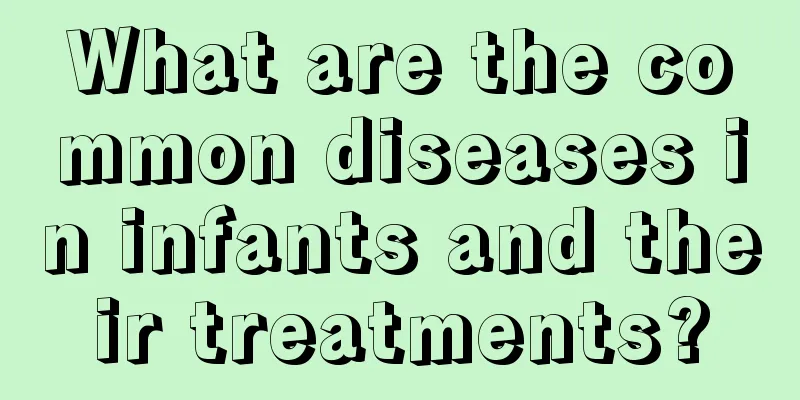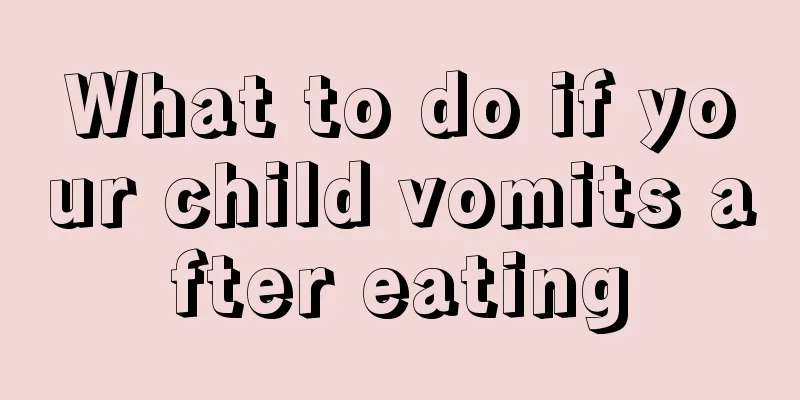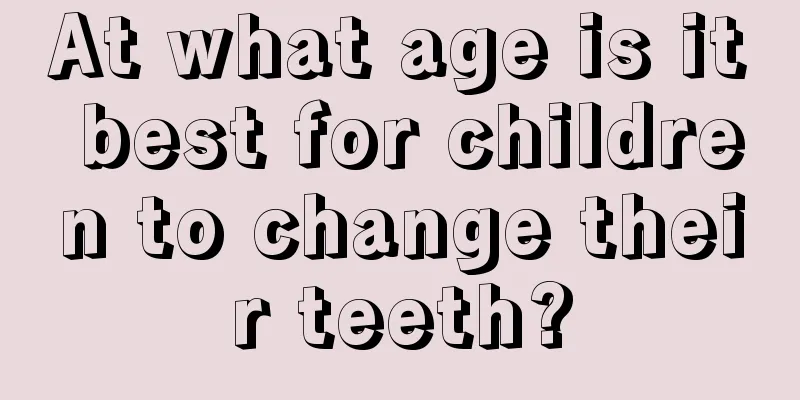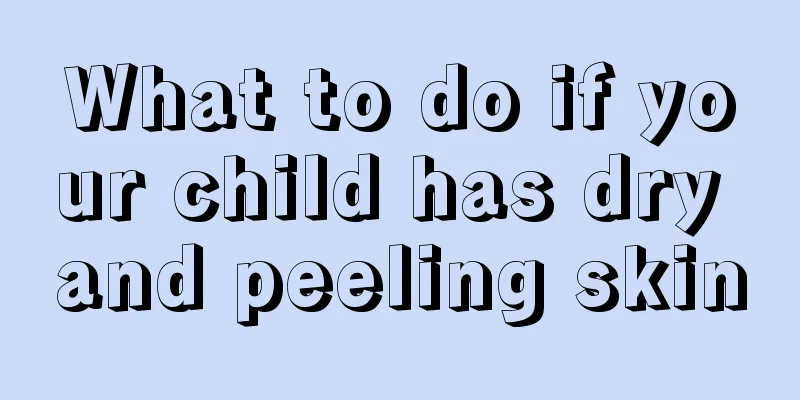What should I do if my child doesn’t brush his teeth?
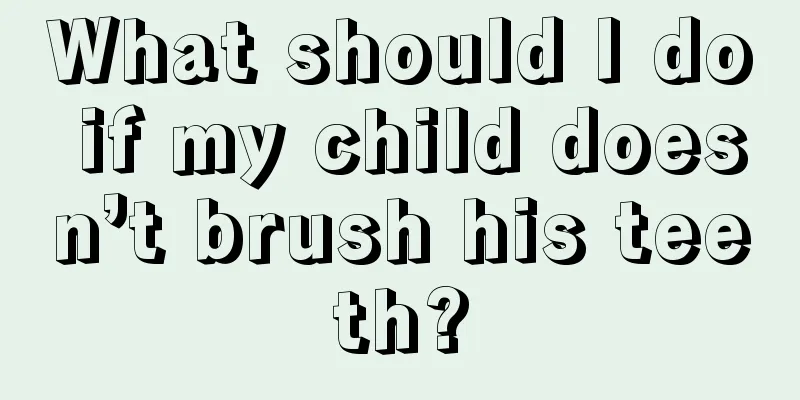
|
Many children don’t like brushing their teeth. Maybe they don’t know that brushing their teeth is good for their teeth and it protects their teeth. Parents are quite upset when their children don't brush their teeth. If you want your children to brush their teeth obediently, you might want to look at the following methods. 1. Try using an emotional coach When your child doesn't want to brush his teeth, you can try using an emotion coach. Emotional coaching is the name for emotions. If your child finds brushing his teeth a hassle, you could say, "I know you don't like brushing your teeth." If he would rather brush his teeth while playing than brushing them properly, you could say, "I know you'd rather do something more exciting than brushing your teeth." Let him know you understand how he feels. After all, from a child's perspective, brushing teeth isn't much fun, and emotional coaching actually reduces resistance. You can even ask your child to tell the truth, then he or she will be more likely to cooperate. When he sees that his parents truly sympathize with him, he is less inclined to rebel. Of course, this only works if the parents are truly sympathetic and always try to understand the child's feelings from a child's perspective. Empty talk has the opposite effect, increasing resistance rather than reducing it. 2. Offer Rewards To encourage children to brush their teeth, parents should reward them for appropriate behavior and progress. A parent can use the Clear method when he or she notices that the child has already brushed or flossed. Something like: "I saw you brushed your teeth today, and I think tonight is going to be a great night because it will be your favorite ice cream, and I know you will do even better tonight." 3. Use punishment rules If your child won't brush his teeth, use punishment rules. The punishment rule is this: you remind your child to brush their teeth and tell them the negative consequences of not brushing their teeth. For example, you could say, "You need to brush your teeth before bed. If you forget, then you don't get to read your bedtime story." 4. Encourage independence If your child doesn't want to brush his teeth on his own and always needs your help, try encouraging independence. One way to do this is to create a reward chart. When your child brushes his teeth on his own, he can get a reward. This way your child will be more willing to try brushing his teeth alone. 5. Make it fun and enjoyable If your child doesn't feel like brushing his teeth because he finds it boring, try these ideas: * Have a competition with your child to see who can brush their teeth faster, which indirectly shows your child that it doesn't actually take that long. * Purchase fun and colorful toothbrushes. (Comic book heroes, or other entertainment icons) *Buy funny or flavored toothpaste. |
<<: What causes chickenpox? Learn the five causes early
>>: What causes blue birthmarks on babies? Mothers need to know
Recommend
What to do if a two-month-old baby doesn't sleep
Two-month-old babies do not have a good sense of ...
What are the early symptoms of tuberculosis in children?
In fact, children are also very likely to suffer ...
The dangers of enlarged tonsils in children
For children, the immune function is not yet full...
What should I do if my baby has a stuffy nose and runny nose?
The birth of a child is often accompanied by the ...
What's wrong with my child's buttocks hurting?
The buttocks is the part of the body with higher ...
What to do if your child has tonsillitis? Seven ways to help you
Tonsillitis is one of the most common diseases in...
What to do if a child has a boil on his head
Since the types of skin diseases are very complic...
What to do if your child talks back to you?
The situation in each family is different. Those ...
How should the baby’s diet be arranged when he has a fever?
For new mothers, once their baby has a fever, the...
Symptoms of Yin deficiency in babies
With the increase of social pressure, many people...
What should I do if my 10-month-old baby has a fever?
Children are the apple of the mother's eye. O...
How to reduce children's fever
Children's fever is a problem that many paren...
Education and guidance of a three-year-old baby_How to educate and guide a three-year-old child?
When a baby is born, parents need to take special...
How to treat congenital heart disease in children
If a child has congenital heart disease, the fami...
What are the symptoms of high lead levels in children?
Lead is a heavy metal. If the lead content in a c...


